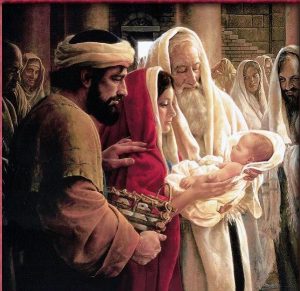Recently, I watched a webinar, a seminar on the web, it is popular nowadays.
There are all kinds of them on different topics.
Of course, in this time of pandemic, many of them are about the virus causing havoc in our lives.
The doctor giving the lecture I listened to was a specialist in epidemics.
His manner was simple and he spoke in such a way that everyone could follow what he was explaining.
When the presentation was over, I said to myself: ‘That man knows what he is talking about!’
 Later in the day, I took my Bible to read the gospel of this coming Sunday (Mk.1:21-28).
Later in the day, I took my Bible to read the gospel of this coming Sunday (Mk.1:21-28).
There, I met a group of people who could have said exactly the same words I spoke about the lecturer I watched on the web.
The text says:
“When the sabbath came, he (Jesus) entered the synagogue and taught.
The people were astounded at his teaching,
for he taught them as one having authority, and not as the scribes.”
In today’s language, these people could have said of Jesus:
‘He knows what he is talking about.’
If we look at our own lives, when we are in need, this is the kind of person we look for.
In need of a lawyer for a judicial case,
in need of a financial counselor for a transaction,
in need of a doctor for some health matter,
in every situation, we want the best, someone who knows what our need is and how to remedy it –
in other words: someone who knows what he is talking about.
I personally think that, when it comes to my very life – now and… the life after this life…
I need, I really do, someone who knows what he is talking about,
someone who knows from experience what life means, and what death means as well.
I know the very Person I can address myself to…
You probably know Him also?…
Note: Another reflection on a different theme is available in French at: https://image-i-nations.com/4e-dimanche-de-lannee-b-2021/
Source: Image: lisu.rvasia.org

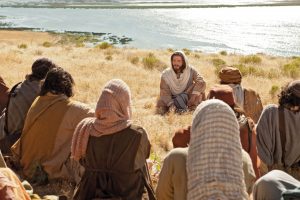
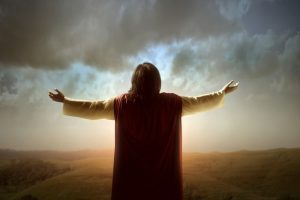 We see him healing people, praying, and preaching.
We see him healing people, praying, and preaching.
 The United Nations General Assembly voted unanimously to designate February 4 — the anniversary of the signing of the “Document for Human Fraternity” by Pope Francis and Grand Imam Ahmad Al-Tayyeb — as the “International Day of Human Fraternity.”
The United Nations General Assembly voted unanimously to designate February 4 — the anniversary of the signing of the “Document for Human Fraternity” by Pope Francis and Grand Imam Ahmad Al-Tayyeb — as the “International Day of Human Fraternity.” 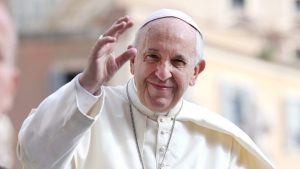 About World Day for Consecrated Life
About World Day for Consecrated Life Later in the day, I took my Bible to read the gospel of this coming Sunday (Mk.1:21-28).
Later in the day, I took my Bible to read the gospel of this coming Sunday (Mk.1:21-28).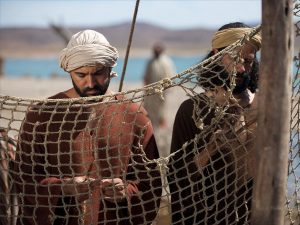 Yet, inspiration can be found there – this is the message I discover in today’s gospel text (Mk.1:14-20).
Yet, inspiration can be found there – this is the message I discover in today’s gospel text (Mk.1:14-20).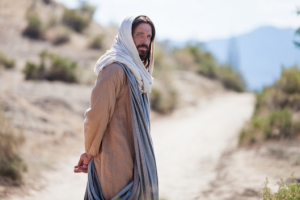 In today’s gospel text (Jn.1:35-42), we witness some questioning addressed to the one known as the Man of Nazareth.
In today’s gospel text (Jn.1:35-42), we witness some questioning addressed to the one known as the Man of Nazareth.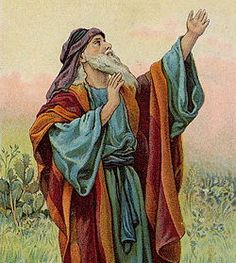 In the text of the 1st reading today, God’s question is addressed to us
In the text of the 1st reading today, God’s question is addressed to us 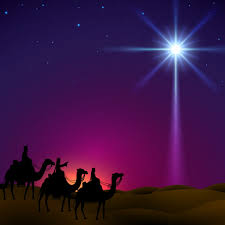
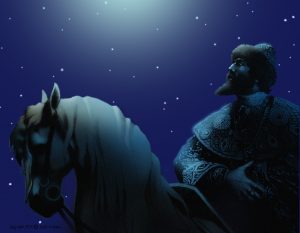
 “We saw his star when it rose and have come to worship him.”
“We saw his star when it rose and have come to worship him.” If we pay attention to the 1st reading of today’s feast (Numbers 6:22-27),
If we pay attention to the 1st reading of today’s feast (Numbers 6:22-27),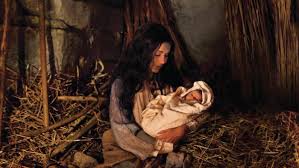 This is what he has done in Jesus, the new-born we see in Mary’s arms.
This is what he has done in Jesus, the new-born we see in Mary’s arms. The 2nd reading of today’s feast tells us of Abram (He.11:8,11-12,17-19)
The 2nd reading of today’s feast tells us of Abram (He.11:8,11-12,17-19)